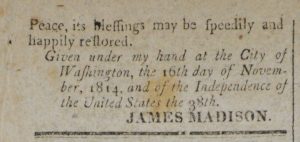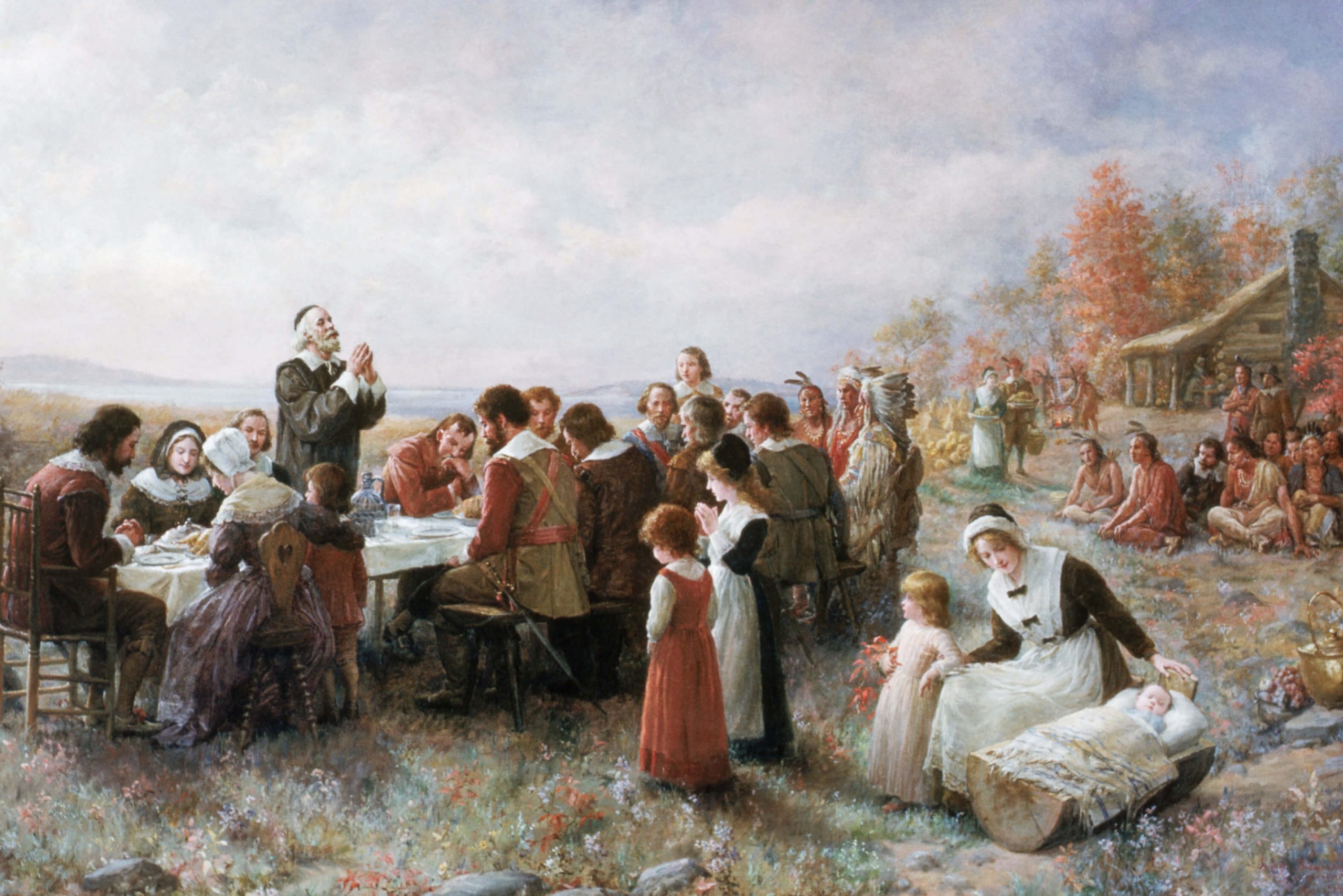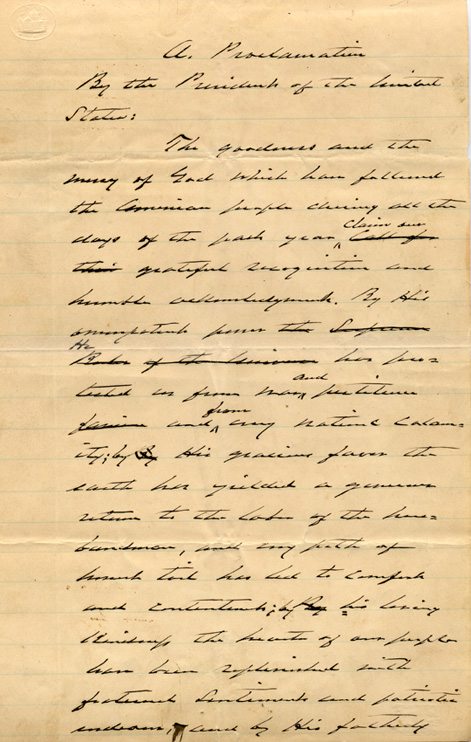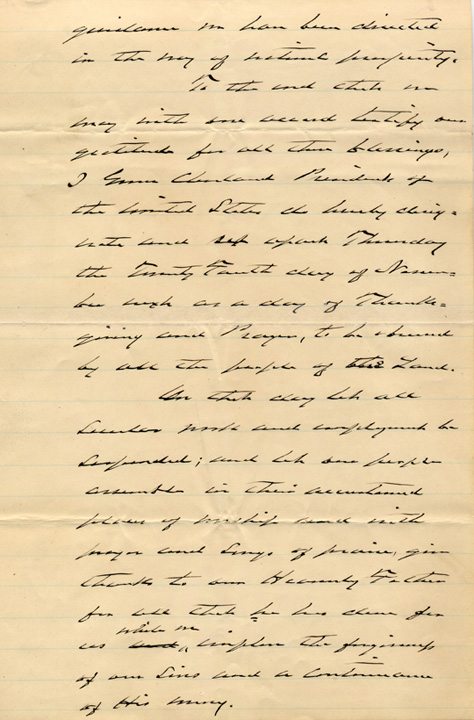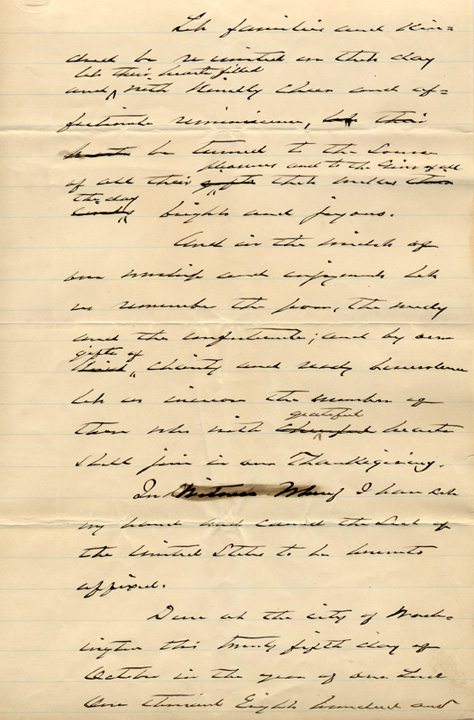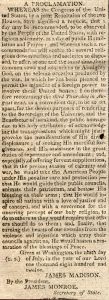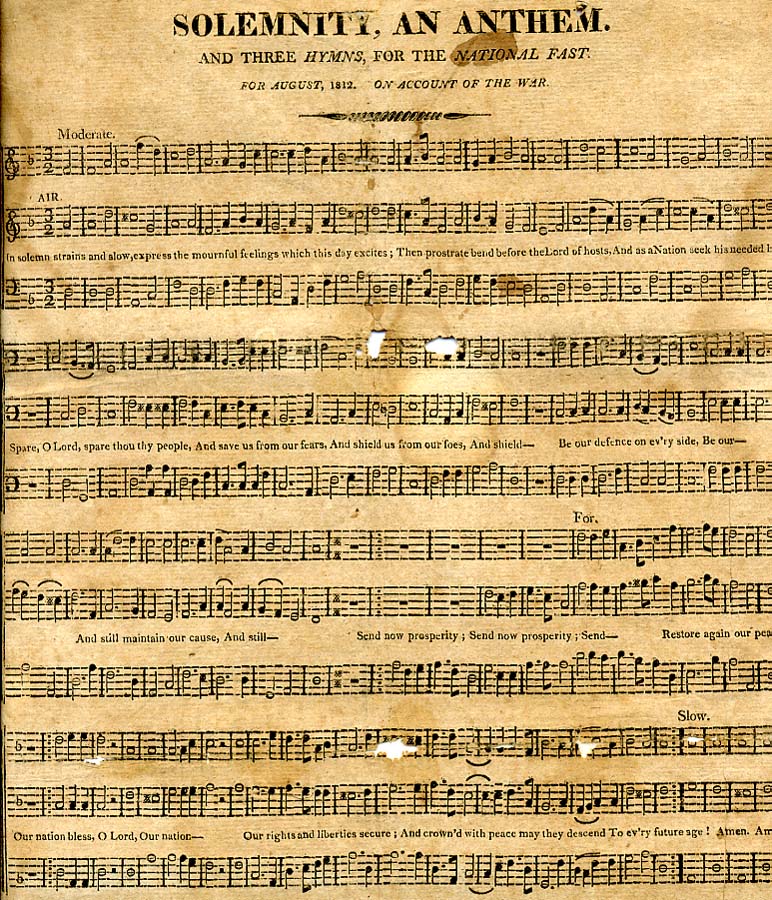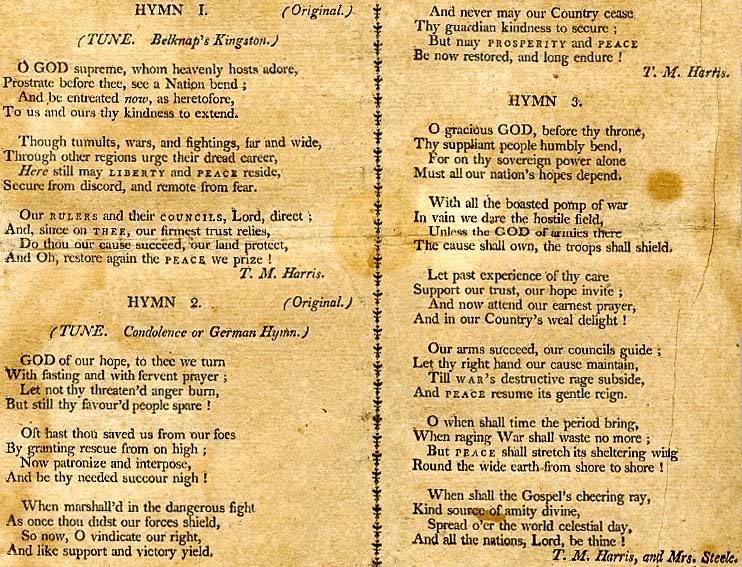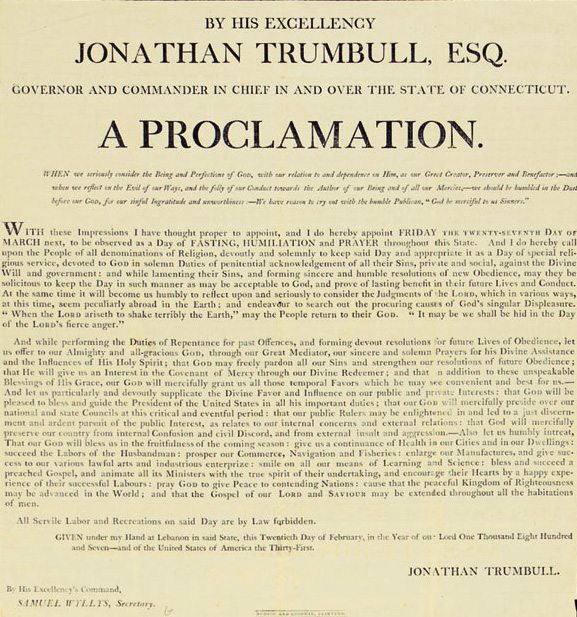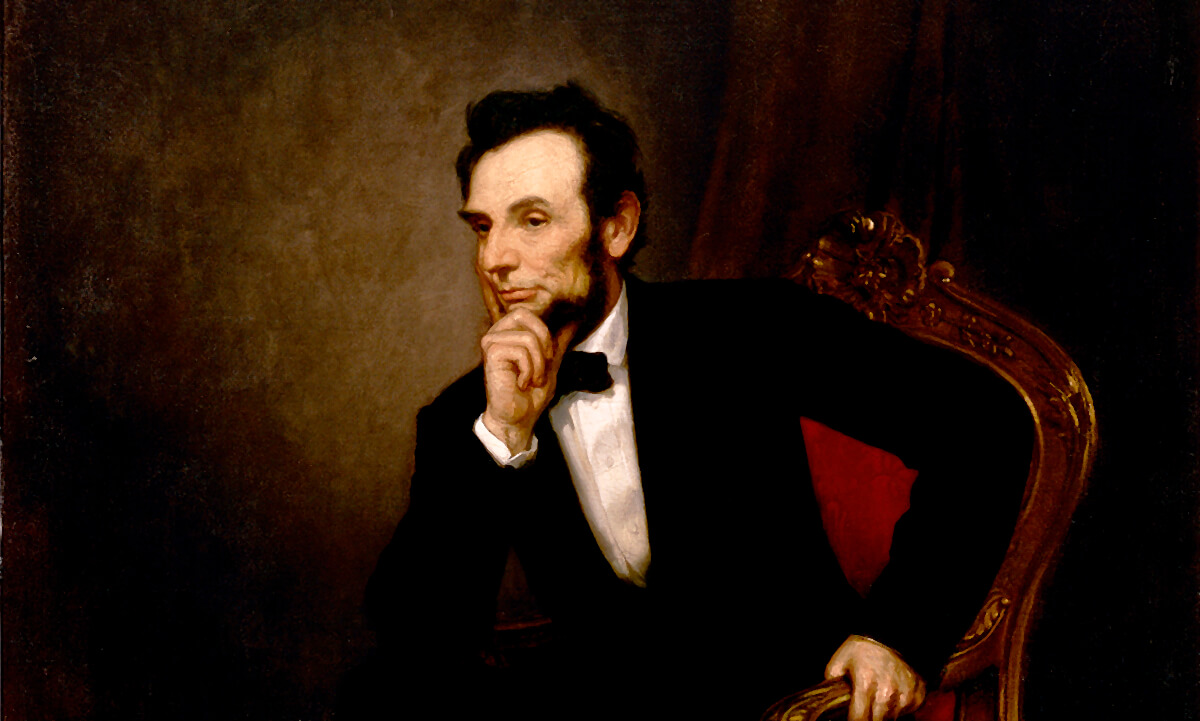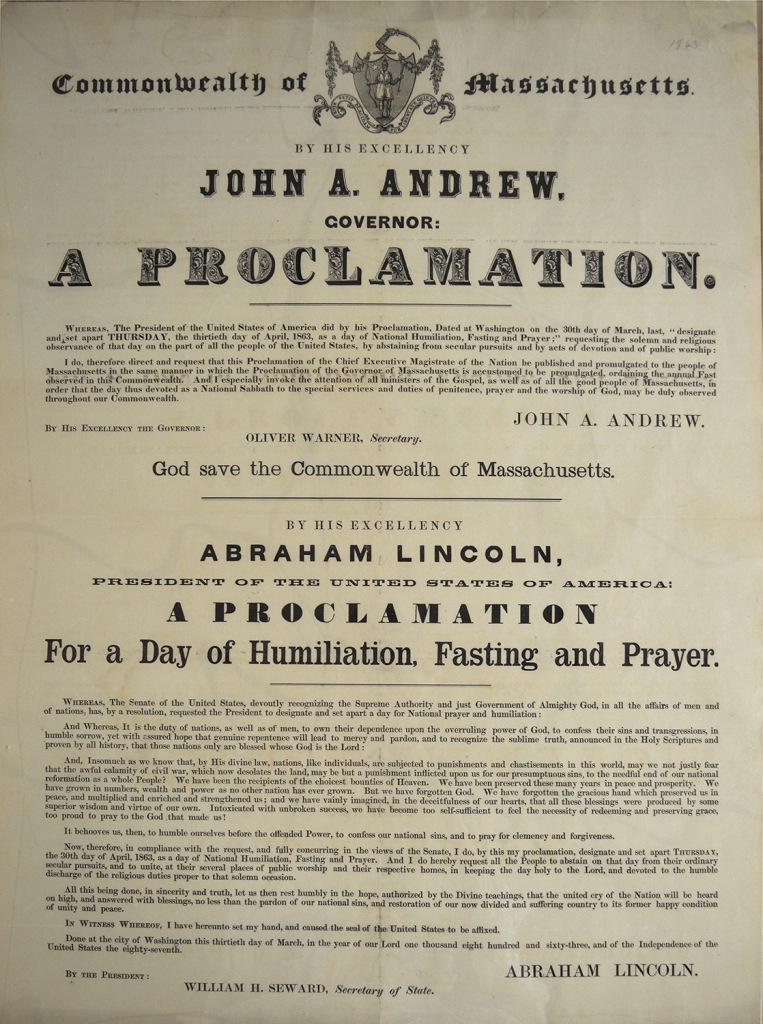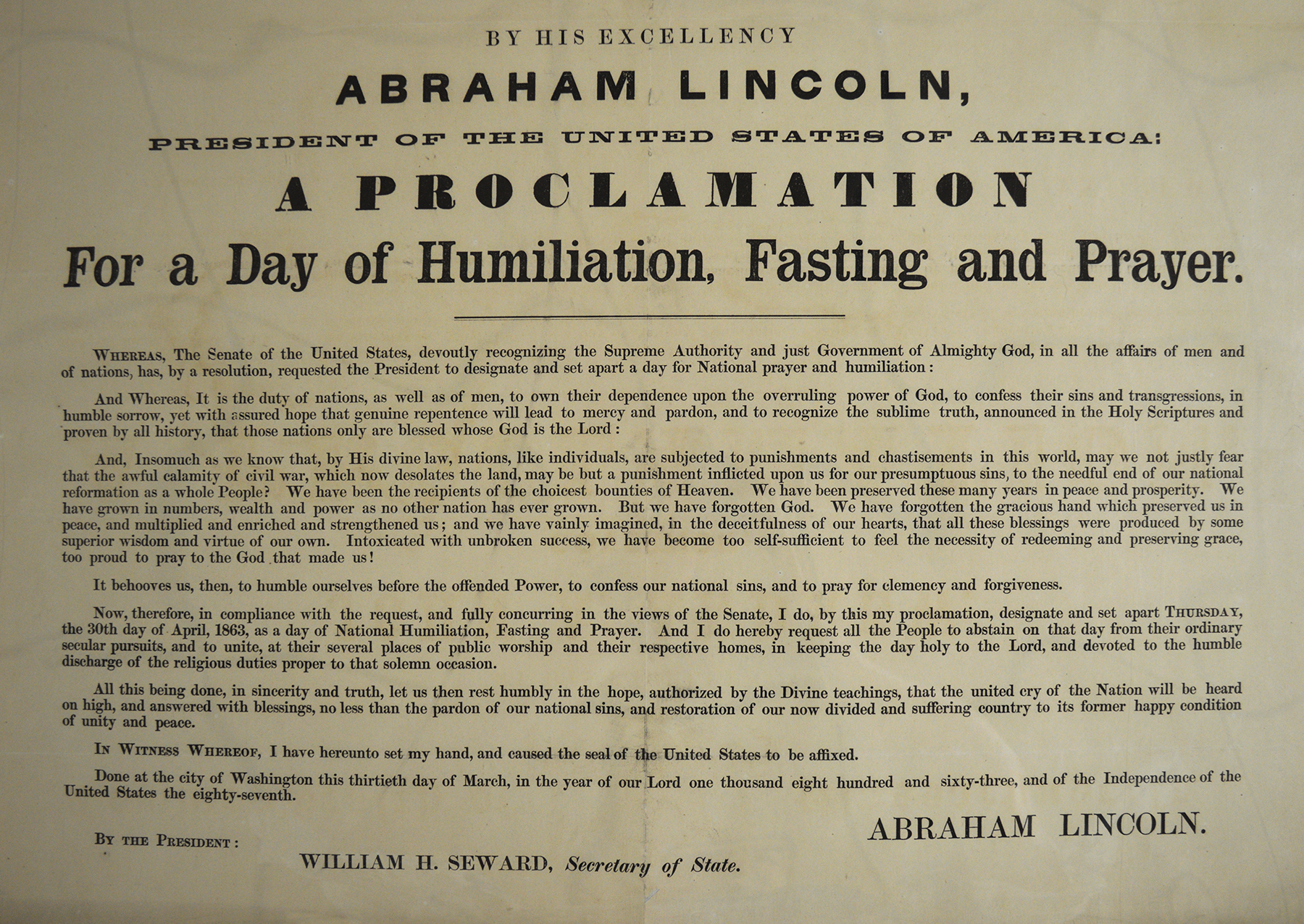This is the text of a Proclamation for a Day of Fasting, Humiliation and Prayer issued by Massachusetts-Bay as printed in The Boston Gazette and Country Journal on August 18, 1777. The proclamation was issued on August 12, 1777, declaring August 28, 1777 as a day of fasting, humiliation and prayer.

State of Massachusetts-Bay
A PROCLAMATION
For a Day of public Fasting, Humiliation and Prayer

It having pleased the wise and holy Governor of the World to manifest his Displeasure against the heinous and provoking Sins of the People of this Land, by the terrible Judgment of a War, which is now become so general as to demand our most serious Attention; and as He hath permitted the Enemy to make dangerous Inroads upon our defenseless Frontiers, by which Means the Savages have begun the dreadful Work of indiscriminate Murder among our distressed Brethren; and as HE is now holding the rod of his visible Displeasure over our oppressed and endangered Country;— it becomes a People professing a Belief in a superintending, universal Providence, with true and unfeigned Repentance, to make Him their Refuge, who governs and wisely directs all human Affairs:
WE have therefore thought fit, with the Advice of the Council and at the Desire of the House of Representatives, to appoint, and we do hereby appoint THURSDAY the 28th Day of August current, to be observed throughout this State, as a Day of FASTING, HUMILIATION, and PRAYER; hereby calling upon the several religious Assemblies, of every Denomination, devoutly to attend of the Duties of the said Day; with humble Penitence confessing their manifold Sins, and aggravated Transgressions; imploring through JESUS CHRIST our Lord, the pardoning Mercy of Almighty God, and the gracious Removal of the divine Displeasure from us; with grateful Hearts acknowledging his unmerited Goodness, and the many Mercies which, while his Judgments are abroad in the Earth, he bestows upon an ungrateful and ill deserving People; and devoutly supplicating those important Blessings which we, in this Day of general Calamity, stand in such eminent Need of: —Particularly; that GOD would direct the Counsels of this, and of all the UNITED AMERICAN STATES; and in a special Manner the GRAND CONGRESS OF AMERICA; that he would succeed and prosper our Naval and Military Operations; preserve the Lives and Health of our Officers and Soldiers, animate them with invincible Courage and Resolution, and lead them on to decisive Victory; and that the COMMANDER IN CHIEF, amidst all his weighty Cares, may be under the singular Direction and Protection of HIM, who giveth Wisdom to the wise, and Understanding to the prudent; —that the Inhabitants of these States may be spirited to make, with united Efforts, a vigorous and successful Defense of their Liberties, civil and religious;—that the determined and enraged Enemy, may not be able to execute their cruel and destructive Plan, but meet with Disappointment and a total Defeat;—and that instead of the Sound of the Trumpet and the Alarm of War, we may soon hear the voice of established and undisturbed Peace;—that the Earth, now teeming with hopeful Plenty, may yield to Man and Beast a full and rich Supply; -that Profanity, and Vice of every Species, may, with universal Consent, be banished from among us;—that Selfishness and Oppression may give Place to Benevolence and public virtue;—that the interesting Truths of the Gospel of GOD our Saviour, may, through the sanctifying Influences of the holy Spirit, have due Effect upon the Hearts and Lives of Persons of every Age; and we be that happy People, whose GOD is the LORD.
And all servile Labour and Recreation are hereby forbidden on the said Day.
GIVEN at the Council Chamber in BOSTON, this twelfth Day of August, in the Year of our LORD, One Thousand seven Hundred and Seventy-seven.
By their Honor’s command,
JOHN AVERY, Dep’y Secr’y
GOD Save the United States of America!

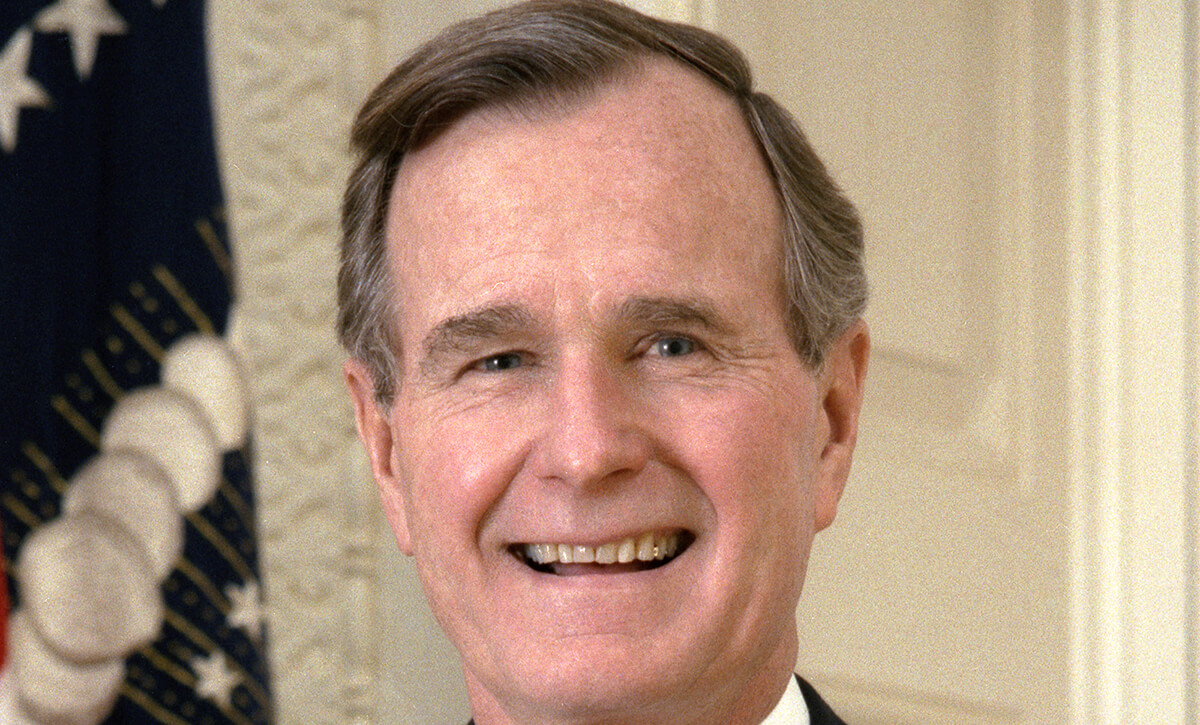
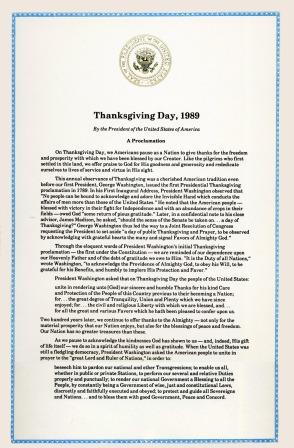
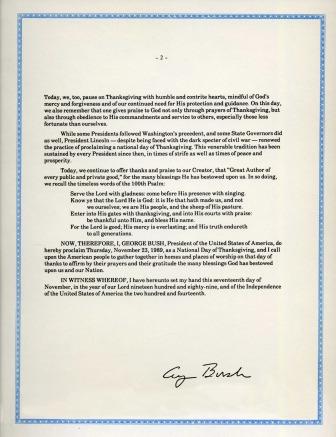
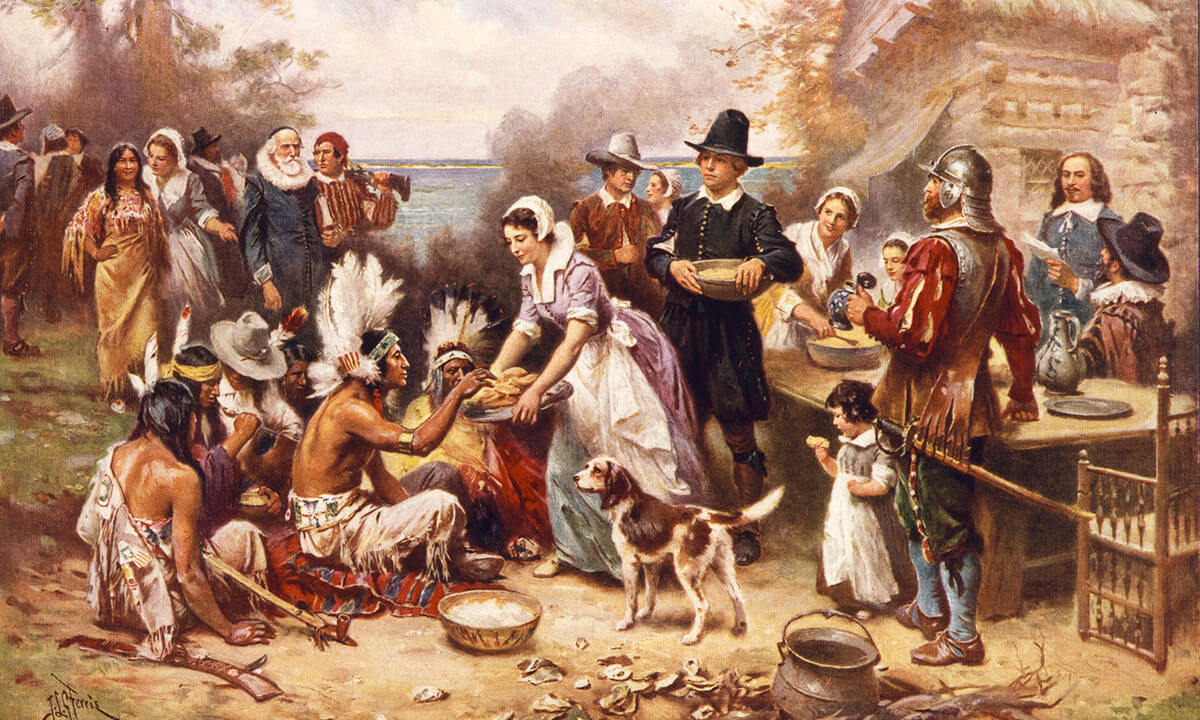
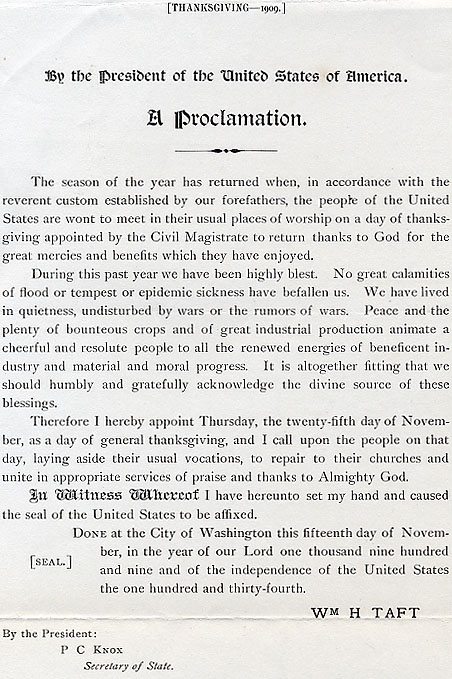
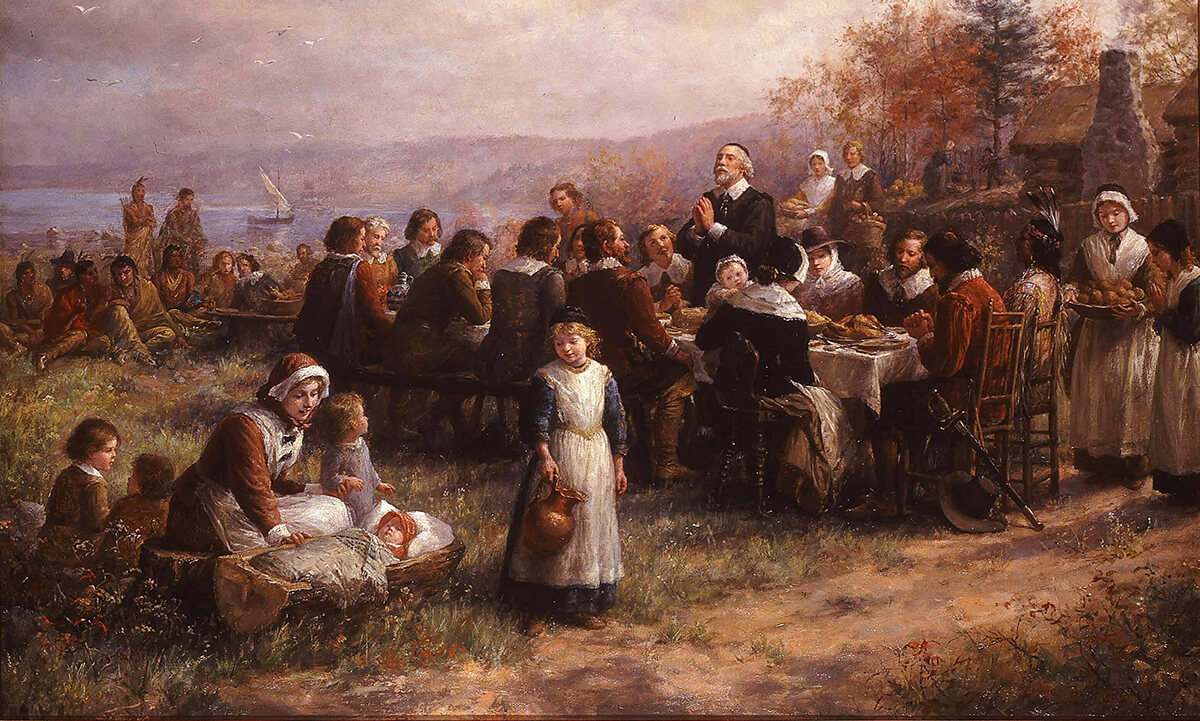
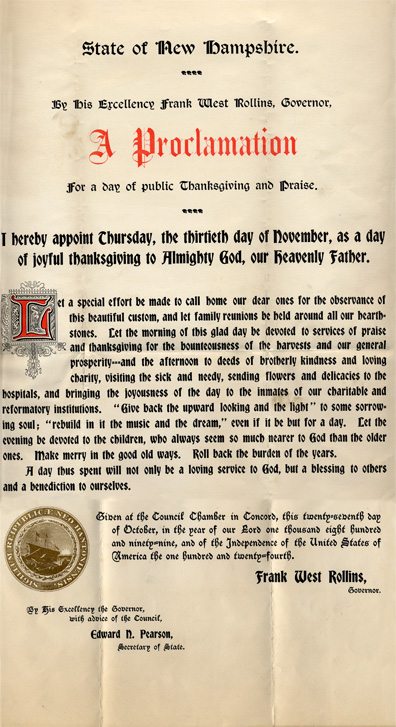
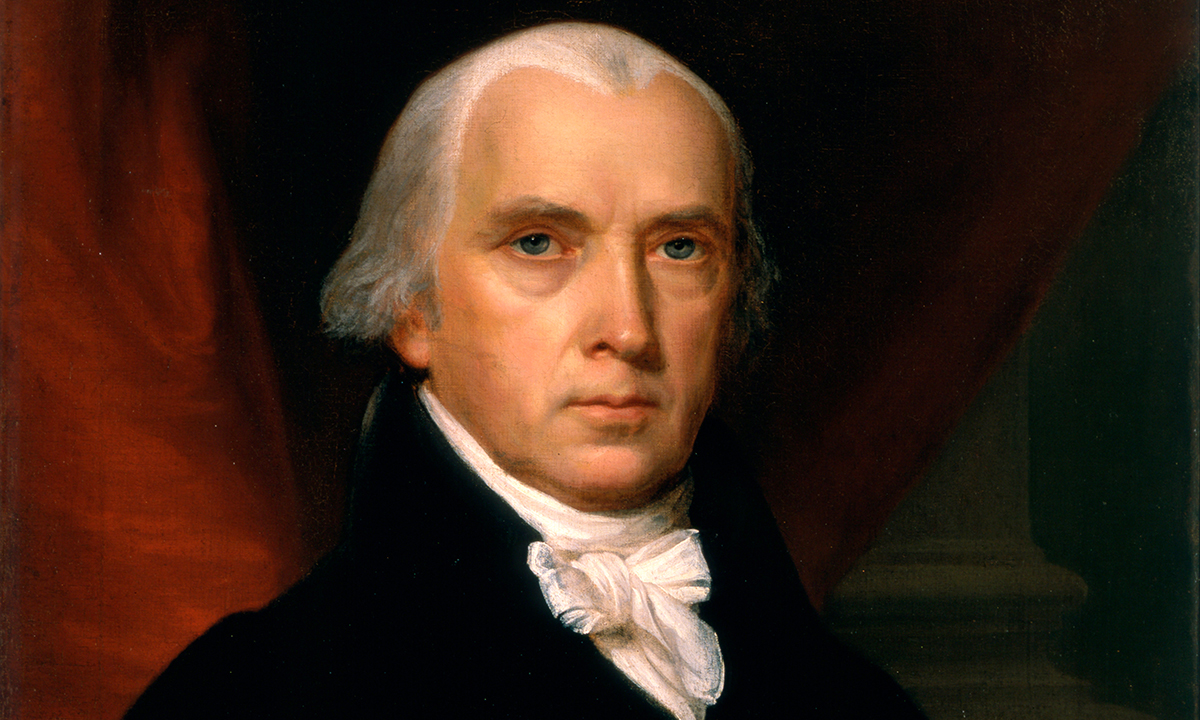

 The two Houses of the National Legislature having, by a joint resolution, expressed their desire, that in the present time of public calamity and war, a day may be recommended to be observed by the people of the United States as a Day of Public Humiliation and Fasting and of Prayer to Almighty God, for the safety and welfare of these States, His blessing on their arms, and a speedy restoration of peace. – I have deemed it proper by this Proclamation, to recommend that Thursday the Twelfth of January next be set apart as a day on which all may have an opportunity of voluntarily offering, at the same time, in their respective religious assemblies, their humble adoration to the Great Sovereign of the Universe, of confessing their sins and transgressions, and of strengthening their vows of repentance and amendment. They will be invited by the same solemn occasion, to call to mind the distinguished favors conferred on the American people, in the general health which has been enjoyed; in the abundant fruits of the season; in the progress of the arts, instrumental to their comfort, their prosperity, and their security; and in the victories which have so powerfully contributed to the defense and protection of our country – a devout thankfulness for all which ought to be mingled with their supplications to the Beneficent Parent of the human race, that He would be graciously pleased to pardon all their offenses against Him; to support and animate them in the discharge of their respective duties; to continue to them the precious advantages flowing from political institutions so auspicious to their safety against dangers from abroad, to their tranquility at home, and to their liberties, civil and religious; and that He would, in a special manner, preside over the nation, in its public councils and constituted authorities, giving wisdom to its measures and success to its arms, in maintaining its rights, and in overcoming all hostile designs and attempts against it; and, finally, that by inspiring the enemy with dispositions favorable to a just and reasonable Peace, its blessings may be speedily and happily restored.
The two Houses of the National Legislature having, by a joint resolution, expressed their desire, that in the present time of public calamity and war, a day may be recommended to be observed by the people of the United States as a Day of Public Humiliation and Fasting and of Prayer to Almighty God, for the safety and welfare of these States, His blessing on their arms, and a speedy restoration of peace. – I have deemed it proper by this Proclamation, to recommend that Thursday the Twelfth of January next be set apart as a day on which all may have an opportunity of voluntarily offering, at the same time, in their respective religious assemblies, their humble adoration to the Great Sovereign of the Universe, of confessing their sins and transgressions, and of strengthening their vows of repentance and amendment. They will be invited by the same solemn occasion, to call to mind the distinguished favors conferred on the American people, in the general health which has been enjoyed; in the abundant fruits of the season; in the progress of the arts, instrumental to their comfort, their prosperity, and their security; and in the victories which have so powerfully contributed to the defense and protection of our country – a devout thankfulness for all which ought to be mingled with their supplications to the Beneficent Parent of the human race, that He would be graciously pleased to pardon all their offenses against Him; to support and animate them in the discharge of their respective duties; to continue to them the precious advantages flowing from political institutions so auspicious to their safety against dangers from abroad, to their tranquility at home, and to their liberties, civil and religious; and that He would, in a special manner, preside over the nation, in its public councils and constituted authorities, giving wisdom to its measures and success to its arms, in maintaining its rights, and in overcoming all hostile designs and attempts against it; and, finally, that by inspiring the enemy with dispositions favorable to a just and reasonable Peace, its blessings may be speedily and happily restored.